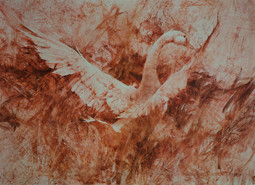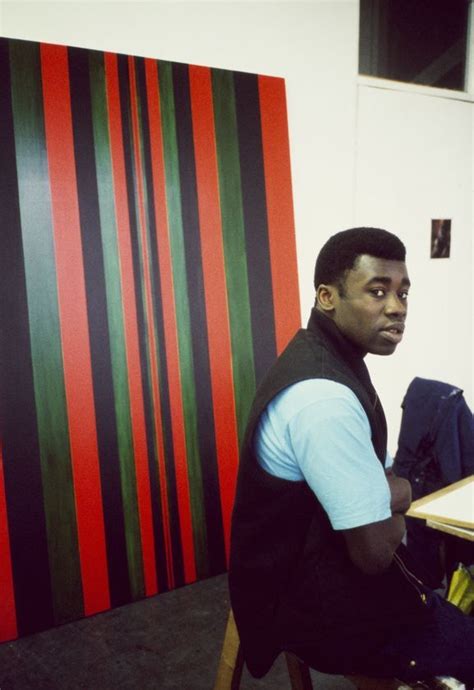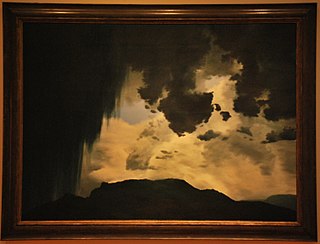A Quote by Erro
I work on a political subject quite often, and the paintings, for me, are not finished until they're printed.
Related Quotes
If the book is finished—published and on the shelf—I do not think of revising it. But if I'm not finished psychologically with characters, they will recur, either as themselves or as new, slightly altered manifestations, and their same issues will reappear. It's a matter of the subject and emotional investment and my own obsessive thinking about various issues It's an unconscious process. To say that a single story is not done isn't quite true. A story can be finished and judged successful or not by somebody else, but if the issue is not done for me, I can count on its reappearance.
When I was painting in art school - and I think many painters in the 1980s worked similarly - a finished painting would often be constructed from lots of other paintings underneath. Some of these individual layers of painting were better than others, but that was something that you would often only realise retrospectively.
In a play, certainly, the subject is of more importance than in any other work of art. Infelicity, triviality, vagueness of subject, may be outweighed in a poem, a novel, or a picture, by charm of manner, by ingenuity of execution; but in a drama the subject is of the essence of the work-it is the work. If it is feeble, the work can have no force; if it is shapeless, the work must be amorphous.































